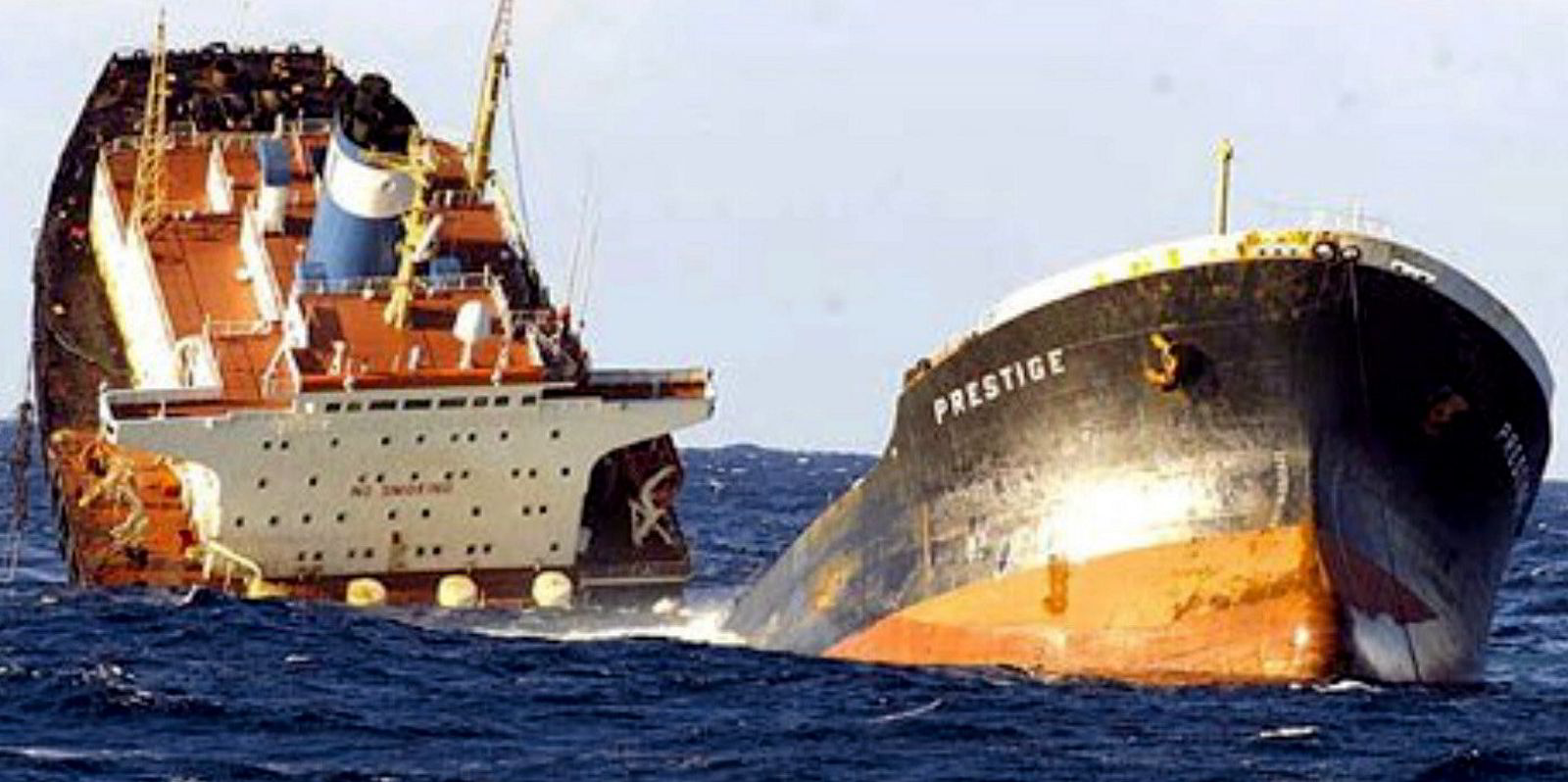An oil spill arising from the elderly “shadow” fleet of tankers carrying Russian, Iranian and Venezuelan oil could provide a sharp boost to mainstream tanker rates.
This is according to French shipbroker BRS Group, which argues that any such environmental disaster would increase scrutiny on this big rogue sub-sector of the market.
“In the case of an accident occurring leading to pollution from a shadow tanker, we believe that the use of vintage tonnage to carry Iranian, Venezuelan and Russian barrels would come into focus,” the Paris shop said.
This is because these tankers are not being insured through mainstream channels, which could prove problematic in the event of a serious claim.
“Although there is little which could be immediately done to regulate their use on the high seas, their ability to pass through territorial waters and discharge at certain ports would come under scrutiny,” BRS said.
This would pose a significant problem for shadow tankers lifting Russian barrels from Baltic and Black Sea ports, as they would have to pass through the Danish or Bosphorus straits.
If shadow tankers were unable to transit these zones, Russia would be forced to call on mainstream tonnage lifting under the oil price cap, the broker explained.
This would most likely lead to higher premiums being placed on voyages from these ports, to coax mainstream owners to permit their vessels to load in Russia.
“Furthermore, if shadow tankers were eventually banned by receivers in China and India, this would exclude a significant portion of the global fleet and would lead to sharply higher rates for mainstream tonnage,” BRS said.
The broker sees aframaxes as primarily affected by this scenario, but it argues that the positive impact would filter through to all tanker segments, whether clean or dirty.




